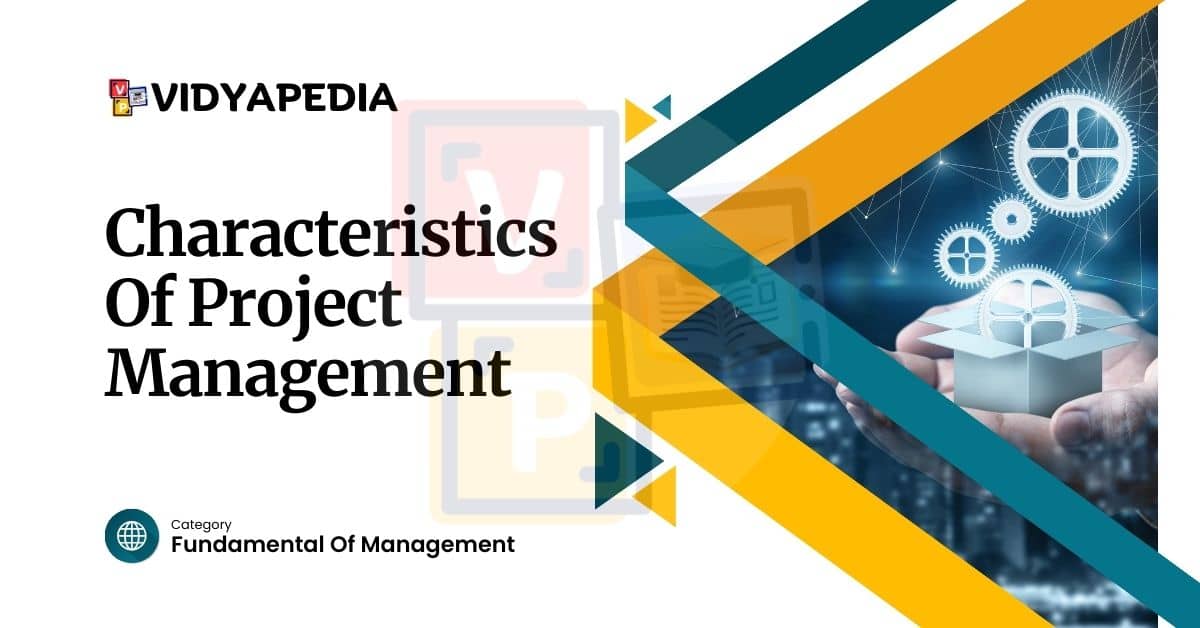Project management has several important parts to make sure projects are successful. It starts with setting clear goals that match the organization’s aims and defining the project’s scope to avoid unnecessary changes. Resources like people, money, and materials need to be allocated wisely, and budgets should be managed carefully to control costs. Identifying and handling risks is essential, as is understanding and meeting the needs of stakeholders. Good communication keeps everyone informed, and making informed decisions helps guide the project. Strong leadership motivates the team.
Planning and scheduling tasks ensure everything gets done on time, and quality assurance keeps standards high. Managing changes and tracking performance help keep the project on track. Coordinating the team and solving problems quickly is key. Executing the project plan means completing tasks as scheduled, keeping stakeholders updated, and reporting progress regularly. When the project ends, all tasks are finished, a review is conducted, and documentation is archived. Deliverables are handed over ready for use, and feedback is used to improve future projects.
Read: Difference between production management and operation management
Characteristics Of Project Management
Define Clear Project Objectives: Projects require specific goals to guide all activities and decisions. Ensure these objectives are clear, measurable, and align with your organization’s mission.
Effective Scope Management: Clearly define what is included and excluded from the project. Effective scope management helps prevent scope creep and ensures all deliverables are met.
Detailed Planning and Scheduling: Projects need thorough planning. Outline tasks, resources, and timelines needed to achieve objectives. Create schedules, assign responsibilities, and set deadlines.
Efficient Resource Management: Allocate and manage resources such as people, money, equipment, and materials efficiently. Proper resource management ensures the project has the necessary inputs to succeed.
Budgeting and Cost Control: Estimate costs accurately, allocate funds wisely, and control expenses to keep the project within financial constraints. Track expenditures and adjust as necessary.
Proactive Risk Management: Identify, analyze, and mitigate risks that could impact the project’s success. Develop contingency plans and address potential issues proactively.
Maintain Quality Standards: Ensure project deliverables meet required quality standards and stakeholder expectations. This involves quality planning, assurance, and control.
Effective Communication: Maintain effective communication to coordinate team efforts, inform stakeholders, and address issues. Regular updates, meetings, and documentation are crucial.
Stakeholder Management: Identify and manage the expectations and requirements of all stakeholders. Engage with them and address their concerns to ensure project success.
Project Execution and Monitoring: Implement the project plan, monitor progress, and make adjustments as needed. Track performance against the plan, manage changes and ensure the project stays on track.
Comprehensive Project Closure: Conclude the project by completing all tasks, delivering the final product, and conducting a post-project review. Assess project performance, document lessons learned, and formally close out the project.
Characteristics In terms Of Managers, Operation, Output and Running of organization
| Category | Activity | Description |
| Manager | Defined Objectives | Set clear, specific goals aligned with objectives. |
| Scope Management | Define and manage project scope. | |
| Resource Allocation | Allocate and manage resources efficiently. | |
| Budgeting | Develop and manage project budget. | |
| Cost Control | Monitor and control project expenses. | |
| Risk Management | Identify and mitigate project risks. | |
| Stakeholder Management | Manage stakeholder expectations. | |
| Communication Strategy | Develop a communication plan. | |
| Decision-Making | Make informed decisions. | |
| Leadership | Motivate and support the project team. | |
| Operation | Planning | Create a detailed project plan. |
| Scheduling | Develop a project schedule. | |
| Task Management | Assign and monitor tasks. | |
| Quality Assurance | Ensure high-quality deliverables. | |
| Change Management | Manage project changes. | |
| Performance Monitoring | Track project progress and make adjustments. | |
| Team Coordination | Ensure team collaboration. | |
| Problem Solving | Address issues promptly. | |
| Output | Project Execution | Implement the project plan. |
| Deliverable Quality | Ensure deliverables meet standards. | |
| Stakeholder Engagement | Keep stakeholders informed. | |
| Reporting | Provide regular status reports. | |
| Running | Project Closure | Complete all project tasks and objectives. |


